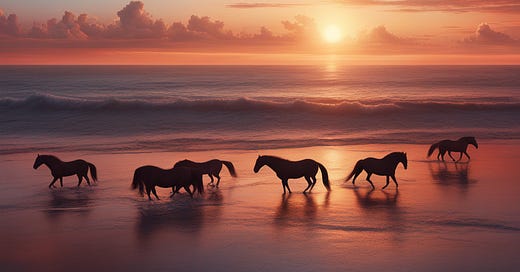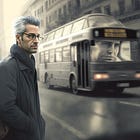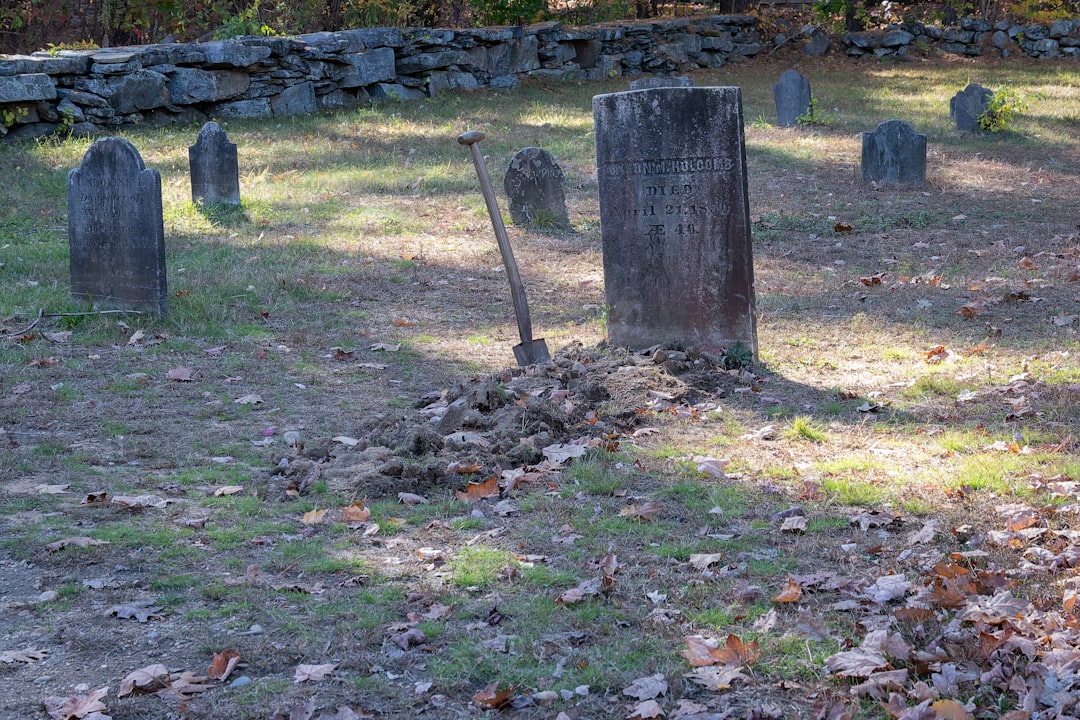Armchairs of the Swollen Sky
Our time fueled itself brief and we drove all our leftover doubts about the world’s disorder as stakes into the sacrificial ground
The sun near the river cooled itself in the setting and we climbed down from our family of horses to observe heaven’s descent. Our time fueled itself brief and we drove all our leftover doubts about the world’s disorder as stakes into the sacrificial ground. It would do no good to worry. Outside forces would continue without us, and everything that we could do would only serve to create a future we could not yet see.
But we could imagine and build. And so we left our fears pinned as moths on the collector’s cork.
One man near climbed from a bed of sorrow, considered us wrongheaded, and prayed that our uncertainties should rise and fill the air with their clamors, but as a single voice we told him to return to his yard of scattered graves from which he had surfaced and seek solace in his suspicion alone.
Months passed. We magnified our perception.
From the west a merchant ship appeared and from its holds spilled a thousand pieces of advice on everything from courtship to paragraph construction. But it all gusted over our heads and disappeared into clouds that rested upon armchairs of the swollen sky sharing secrets with the wind.
The vendors sailed away, and for this we lit twilight candles and bowed our thanks.
Ours was not an imitation life. Ours lay cast by forges made of iron years and by conflicts made of words that refused to die. If a man or a woman called out in the afterbirth of agony for that which had escaped our journey – those attachments of wealth, power, and our shield of righteousness we had tightclutched so long – we as one ascended the tallest tree and reminded our brothers and our sisters that these phantom concepts in the end provide no comfort, only a singular longing for more.
Our scars healed, our burnings cured, we returned to the land where we had started our pilgrimage to seek our families and friends. They too had been left behind.
They wore shock on their dark faces as if we had climbed from tombs of dynasties covered in the dust of our heritage. And perhaps we had. Perhaps we had followed footsteps of giants and having been vulnerable in their enormous world, given up the pretense that we were more than fleeting beings, trapped between grass and sky, beings that must make the best of each storm, each birth, and each passing.
For these educations we paid many prices but the greatest, and the most freely spent, was our loss of pride. Nothing exceeded the joy of our ability to see ourselves in others, to suffer the same setbacks and celebrate the same delights.
In time a day will rise from behind the hills when others will join hands with these values. We shall eat fresh fruit together and paint our days with suns that spill over rivers in the mornings and tip the forests into a barrel of night when the hour grows old. There we’ll sleep and awake refreshed with a plenitude of family and food, and from our admixture create a new collective of human that is kind and wonderful and wise.
— — —
Thanks for reading Dynamic Creed. I hope you enjoyed this short piece. Please let me know with a comment and we’ll be, for a while at least, more than fleeting beings, as the internet spreads our shared supper.
And for the new folks, many thanks for signing up. Here’s some pieces from the archives you may like.
All the best, Victor David








"We lit twilight candles and bowed our thanks" ... you have so many images in this piece that make me want to suck the juice out of every one of them.
... Our time fueled itself brief ... leftover doubts ... as stakes into the sacrificial ground ... left our fears pinned as moths on the collector’s cork.
it feels like a new language brewing or ancient wisdom being channeled.
This is an incredibly lyrical and moving piece Victor, and I got just a little lost at the end. At the risk of sounding VERY naive, I just have to confirm your intent here. Your last two paragraphs - is that something you personally believe humans are capable of? Or are you being cynically utopian? (Sorry if that sounds ignorant.)